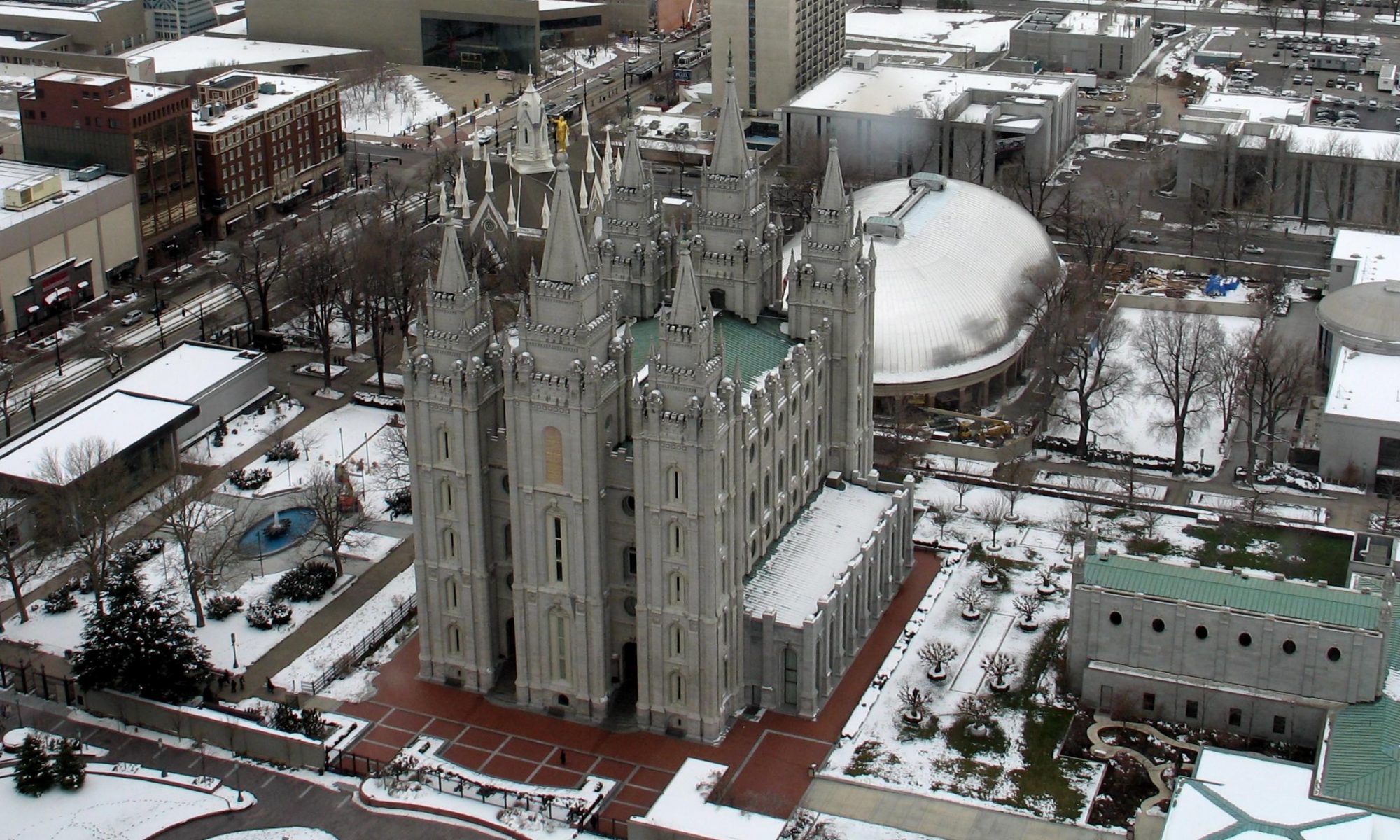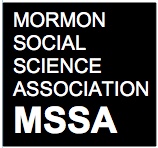Q: “Does being LGBT in a non-affirming environment, such as the LDS Church, contribute to worse mental health outcomes and quality of life scores than an individual would have in an affirming environment?”
A: Luckily, there is a growing body of research that specifically addresses this question. A number of articles have come out just in the last year that present the results of a survey of LGBTQ individuals who are or were members of the LDS Church. Among the publications are a number of findings that directly address this question.
For instance, in Dehlin, Galliher, Bradshaw, and Crowell 2015, the authors note that LGB individuals fall into four categories when it comes to their relationship with religion (similar to other research on this topic):
- Individuals who reject their LGB identity (5.5% of their sample)
- Individuals who compartmentalize their sexual and religious identities (37.2% of their sample)
- Individuals who rejected their religious identity (53% of their sample)
- Individuals who integrated their religious and sexual identities (4.4% of their sample)
After categorizing the participants in their survey into these groups, they then compared these groups on a variety of measures, including some related to mental health and quality of life. Individuals in the first two groups had the worst mental health outcomes. Specifically, members of the first two groups had statistically significantly higher scores on internalized homophobia, identity confusion, and depression than did individuals in the other two groups. Individuals in the last group, who were quite rare, actually fared well, but were unlikely to live in Utah and had lots of family support, allowing them to integrate their sexual and religious identities.
In another study drawing on the same data set, Crowell, Galliher, Dehlin, and Bradshaw 2015, found that more active LGB members of the LDS Church had statistically significantly higher levels of both minority stress indicators (i.e., higher levels of internalized homophobia, greater need for privacy or concealment, greater need for acceptance, greater identity confusion, greater difficulty in coming to terms with and disclosing sexual identity, and higher levels of prejudice against heterosexual individuals) as well higher levels of depression. This research aligns with other research with similar findings outside the LDS Church (Herek, Gillis, and Cogan 2009).
In short, the existing research to date does indicate that participation in a non LGBTQ affirming, conservative, organization like the LDS Church does result in worse mental health and quality of life outcomes than does not affiliating with such an organization.
References:
- Crowell, K. A., Galliher, R. V., Dehlin, J., & Bradshaw, W. S. (2015). Specific Aspects of Minority Stress Associated With Depression Among LDS Affiliated Non-Heterosexual Adults. Journal of Homosexuality, 62(2), 242–267. http://doi.org/10.1080/00918369.2014.969611
- Dehlin, J. P., Galliher, R. V., Bradshaw, W. S., & Crowell, K. A. (2015). Navigating Sexual and Religious Identity Conflict: A Mormon Perspective. Identity, 15(1), 1–22. http://doi.org/10.1080/15283488.2014.989440
- Herek, G. M., Gillis, J. R., & Cogan, J. C. (2009). Internalized stigma among sexual minority adults: Insights from a social psychological perspective. Journal of Counseling Psychology, 56, 32–43.

